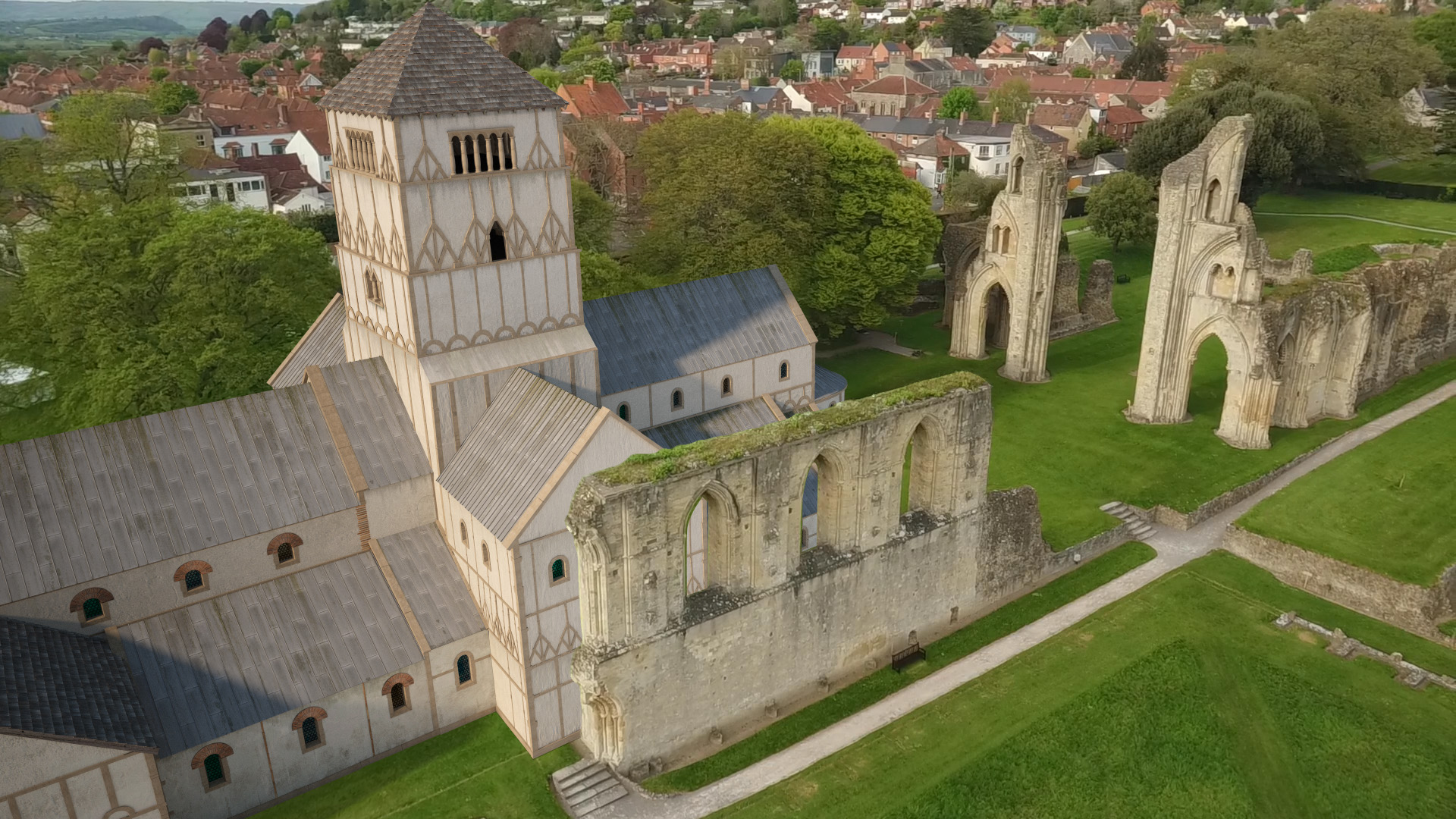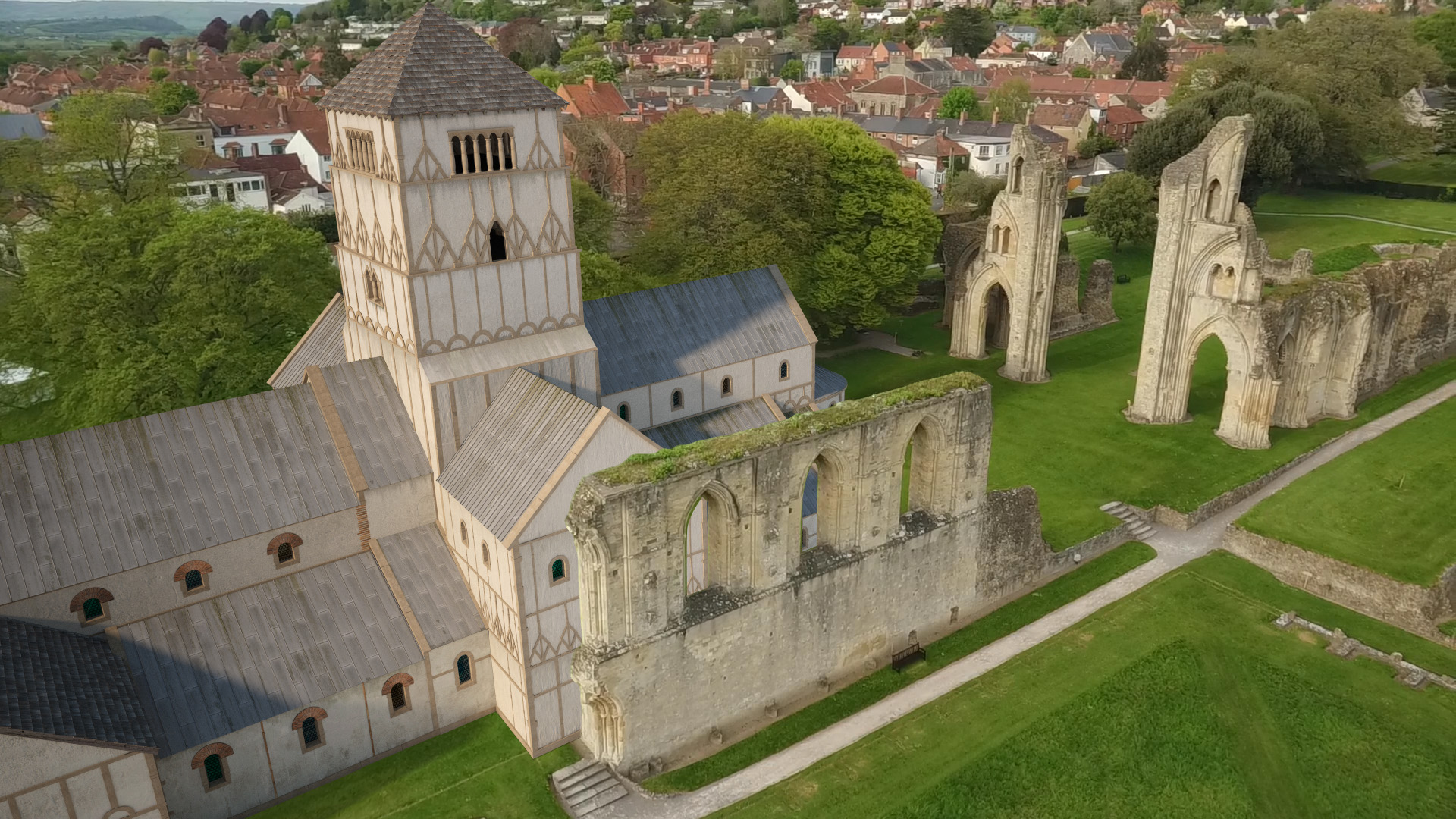Glastonbury Abbey – Archaeology, Spirit and Legend
Glastonbury means different things to different people. Many Christians believe that it’s the site of the earliest church in Britain, allegedly founded in the first century by Joseph of Arimathea. For others, it’s the epicentre of the New Age community in Britain, drawn by Glastonbury’s rich mythic associations with King Arthur. And now, thanks to the work of a Reading academic, the Abbey’s history has been brought to life and its future secured.



